Bangladesh stands at a perilous crossroads. Once celebrated as a model of secular democracy in the Muslim world, the country now faces a historic crisis that threatens to unravel decades of social progress and regional stability. Bangladesh risks becoming the next Iran—a nation consumed by theocratic rule and militant ideology.
The warning signs are unmistakable: a jihadist-backed power grab, persecution of minorities, and the emergence of a new authoritarian order centred on Nobel laureate Muhammad Yunus. What began as political unrest in 2024 has evolved into a full-scale Islamist counter-revolution that could soon redraw South Asia’s political map.
A New US Policy Moment
At the recent IISS Manama Dialogue, US Director of National Intelligence Tulsi Gabbard reaffirmed the Trump administration’s intent to end Washington’s long-criticised practice of regime-change operations. Her statement, widely welcomed by the international community, signals a strategic pivot—away from interventionism and toward sovereignty-based diplomacy.
Yet Bangladesh presents an exceptional case. This is not about toppling a government; it is about saving a democracy hijacked from within. Gabbard’s remarks, combined with the October 22, 2025, appointment of S Paul Kapur as Assistant Secretary of State for South and Central Asian Affairs, offer a rare opening for the United States to prevent the emergence of a new Islamist stronghold in South Asia.
A Coup Cloaked in Populism
Following the 2024 coup that ousted the elected government, Bangladesh has slipped into the hands of Islamist conspirators who exploited anti-government protests to seize control. Intelligence sources describe this as a meticulously planned regime-change operation backed by jihadist networks, aided by policy missteps of the former Biden–Kamala administration.
Quick Reads
View AllSince then, Islamist groups—notably Jamaat-e-Islami and its affiliates—have re-emerged with alarming force. Religious minorities, particularly Hindus and Iskcon devotees, are being targeted in a campaign of intimidation unseen since the early post-war years. Social media is awash with violent slogans and calls for the extermination of “infidels”. Videos of mobs chanting “Allahu Akbar” and demanding beheadings evoke the barbarism of Isis and Hamas, both of which share ideological affinities with Bangladesh’s radical factions.
The pattern is clear: what began as populist protests has mutated into a jihadist project to dismantle secular democracy and erect a theocratic state.
A Regional Jihadist Nexus
What makes the Bangladesh crisis even more alarming is its transnational character. Security agencies in Dhaka have identified operational coordination between Bangladeshi and Pakistani Salafist organisations—some maintaining ideological or logistical links to al-Qaeda and Isis. The country is rapidly becoming a bridgehead for regional jihadism, connecting militant networks from Pakistan to Indonesia.
As detailed in my recent article for Gatestone Institute (“Jihad in Bangladesh: Islamists Erasing Hindu Heritage”), Islamist movements are crossing borders with unprecedented speed. Bangladesh’s permissive environment has emboldened extremists to attack not only the nation’s secular foundations but also its ancient cultural identity. A subsequent Gatestone report noted that since the 2024 power shift, the country has become a testing ground for theocratic governance under Yunus—a development reminiscent of post-revolution Iran.
The Rise of a ‘Supreme Leader’
At the heart of the crisis lies a dangerous political innovation: a proposed “constitutional order” that would elevate Yunus to an unelected position of absolute authority. The scheme, advanced during October’s political meetings between the National Citizens’ Party (NCP) and Jamaat-e-Islami, envisions Yunus as the sole interpreter of the people’s “sovereign will”. NCP convener Nahid Islam has already declared that only Yunus—not President Muhammad Shahabuddin Chuppu—possesses legitimate national authority derived from last year’s street protests.
This is not constitutional reform. It is constitutional vandalism. The so-called “July Charter” explicitly claims to supersede the constitution, granting Yunus both legislative and executive powers. In effect, it seeks to replicate Iran’s Supreme Leader model, replacing the republic’s democratic institutions with clerical rule justified by “revolutionary legitimacy”.
Jamaat-e-Islami’s endorsement of this arrangement removes any remaining doubt about its intent: the creation of a Sunni theocracy under the guise of a people’s revolution.
Echoes of 1979
The parallels with Iran’s 1979 revolution are chilling. Then, too, a popular uprising promising freedom degenerated into decades of repression and global terrorism. Iran’s theocratic regime exported militancy across continents; Bangladesh now stands at that same precipice.
If the Yunus-Jamaat alliance succeeds, it will institutionalise Islamist power, embolden extremists across the region, and erode India’s eastern security flank. The implications for South Asia’s stability – and for the wider Indo-Pacific – could be catastrophic.
Western Complicity and Moral Hazard
Adding complexity to the crisis are Yunus’s well-documented connections with powerful Western elites, including his long association with the Clinton Foundation and his network ties to Bill and Hillary Clinton and George Soros.
These relationships, cultivated over decades of global advocacy, have inadvertently conferred legitimacy on Yunus’s political ambitions.
While these Western networks may view Yunus as a progressive reformer, the reality in Bangladesh tells a starkly different story: under his leadership, Islamist radicals are gaining unprecedented political space, secular activists are being silenced, and minorities live in fear.
This disconnect underscores a deeper moral hazard in Western foreign policy – one that prizes personality over principle. Bangladesh’s crisis demands a sober reassessment of whom the West chooses to empower.
At stake is not only the fate of one nation but the stability of an entire region at the intersection of the Indian Ocean and the Indo-Pacific. A Bangladesh transformed into an Islamist fundamentalist state would unravel decades of progress toward regional integration, counterterrorism, and maritime security.
The world cannot afford another theocracy born from the ashes of a fallen democracy.
(Salah Uddin Shoaib Choudhury is an award-winning journalist, writer, and Editor of the newspaper ‘Blitz’. He specialises in counterterrorism and regional geopolitics. Follow him on X: @Salah_Shoai. Views expressed in the above piece are personal and solely those of the author. They do not necessarily reflect Firstpost’s views.)


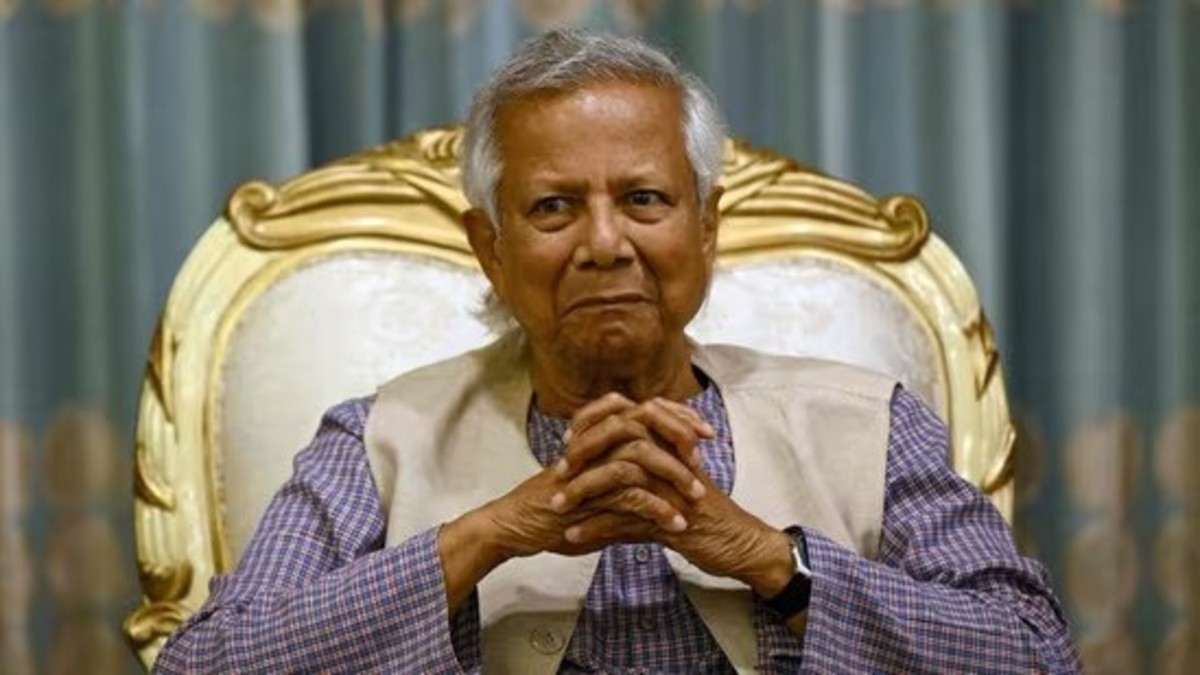)
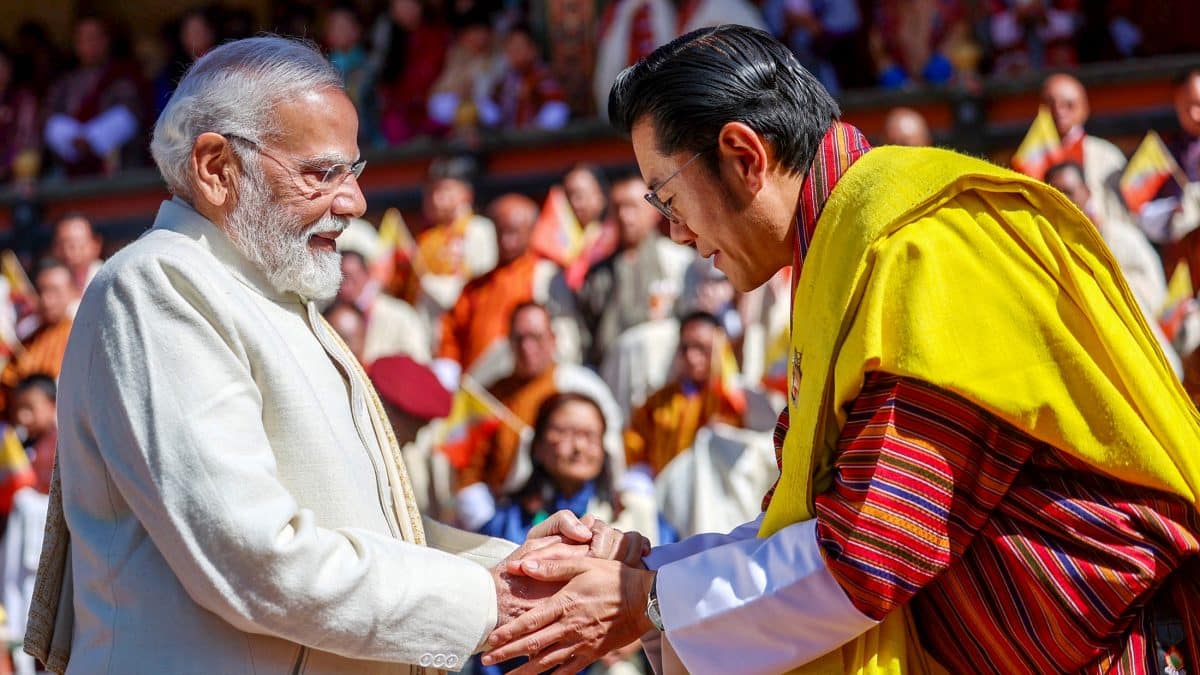
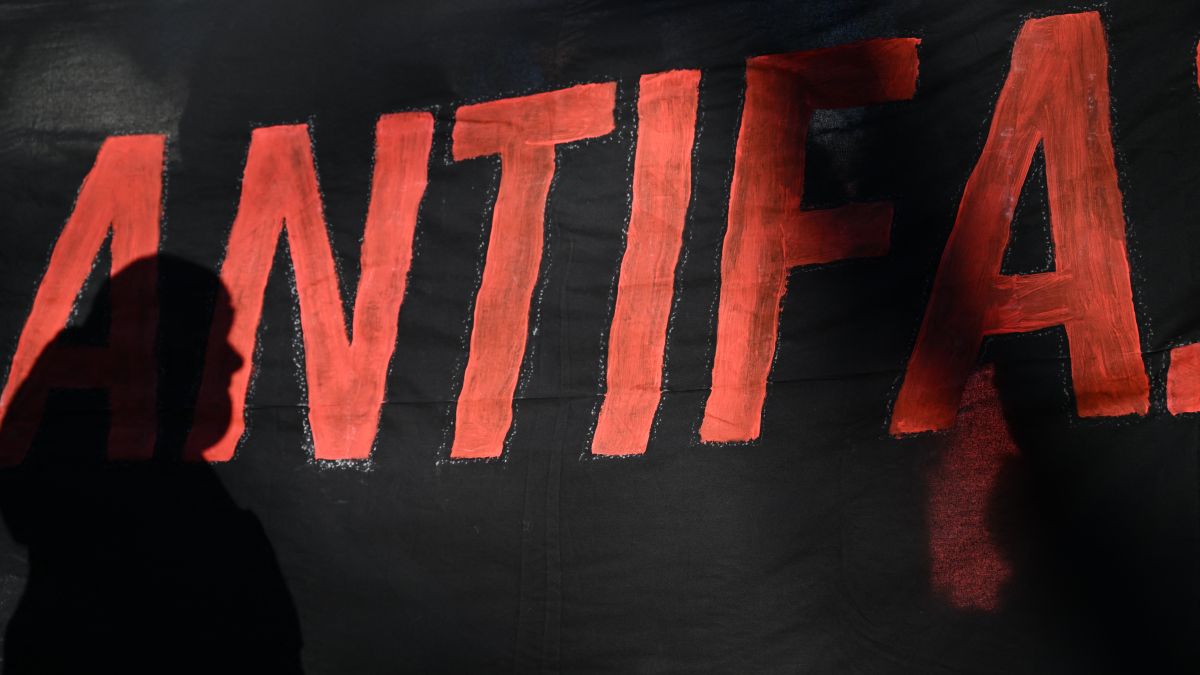)
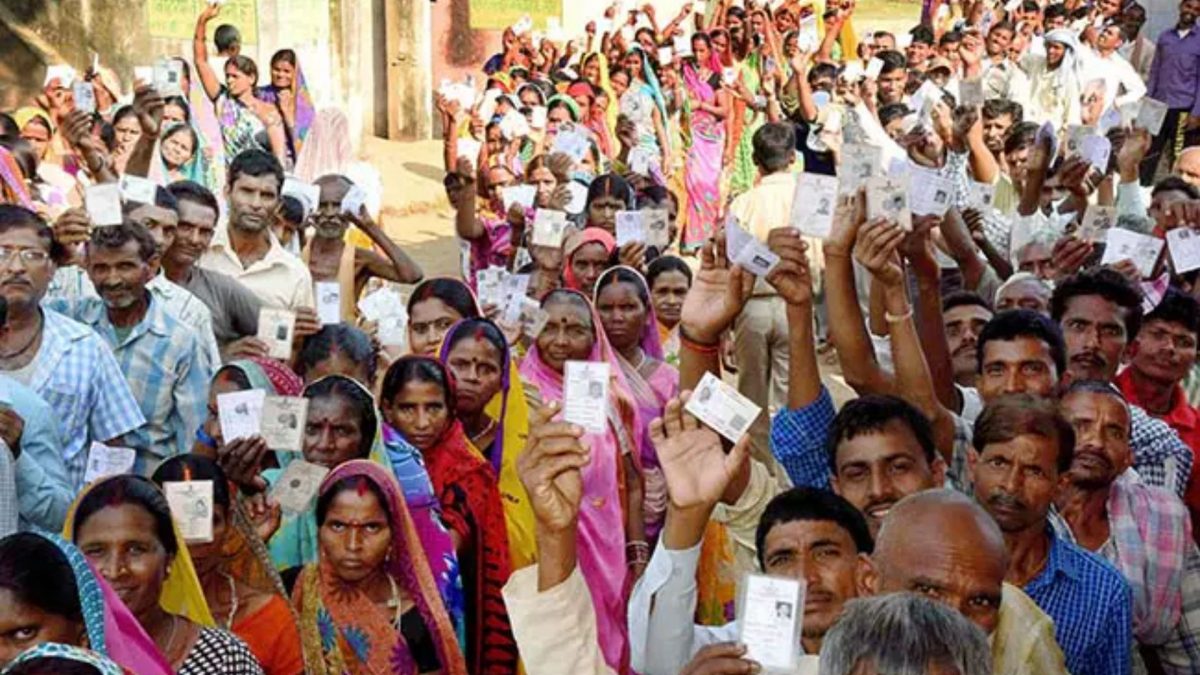)
)
)
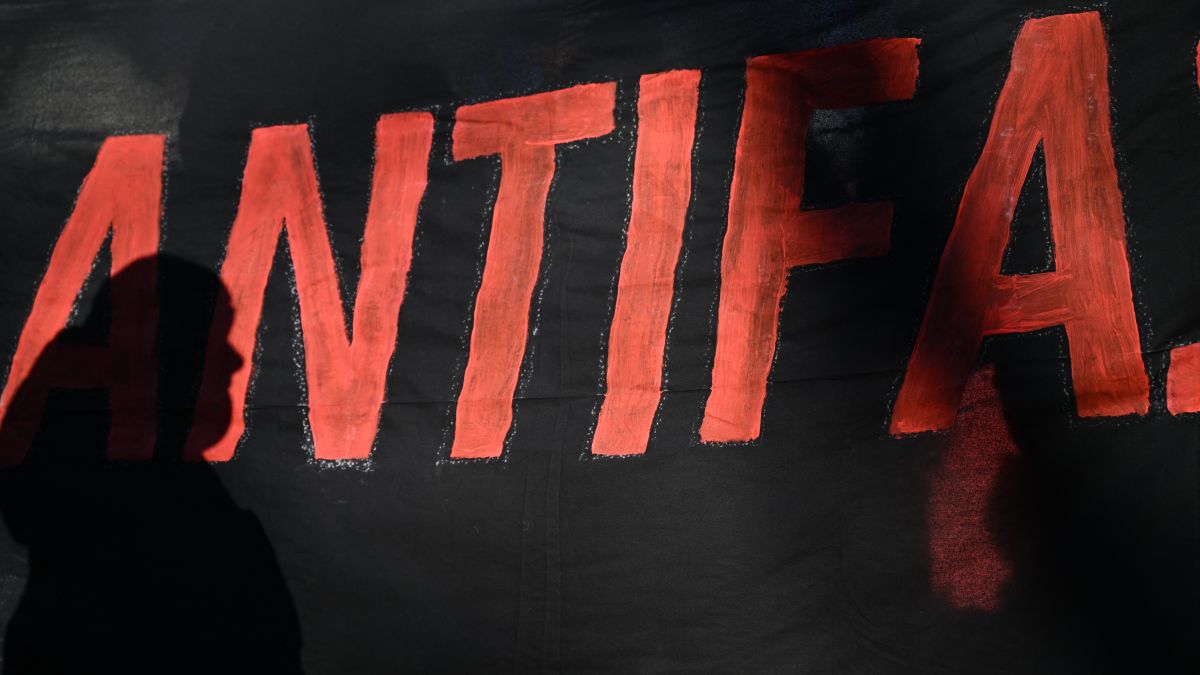)
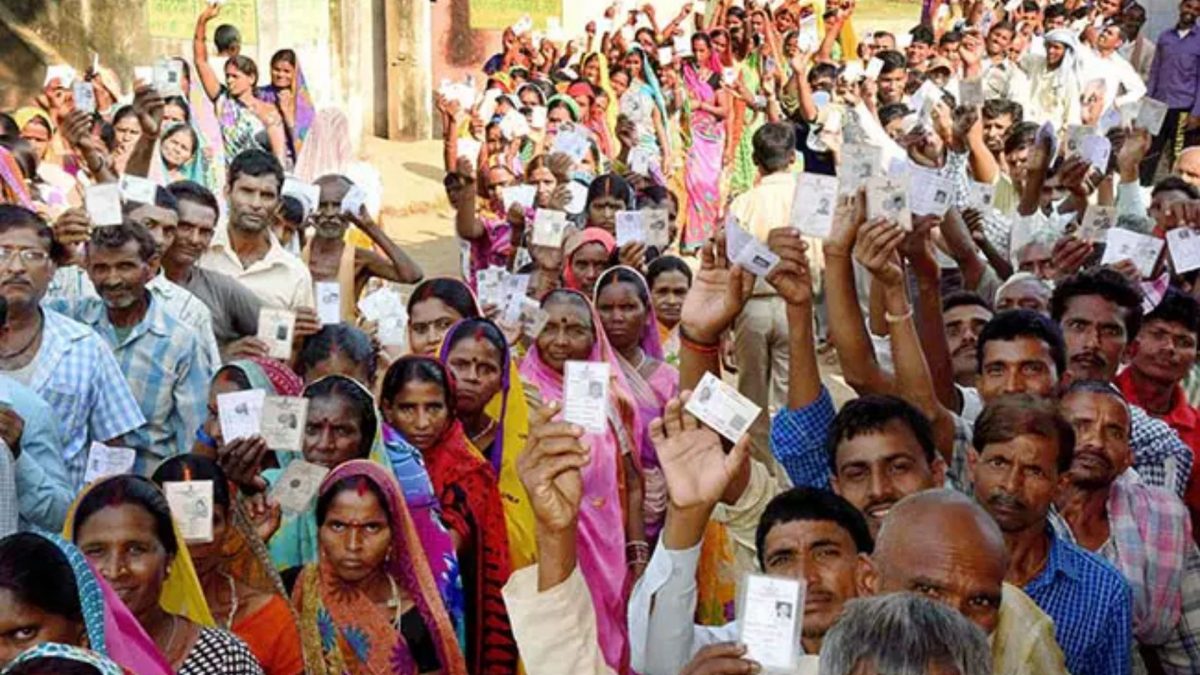)
)
)



